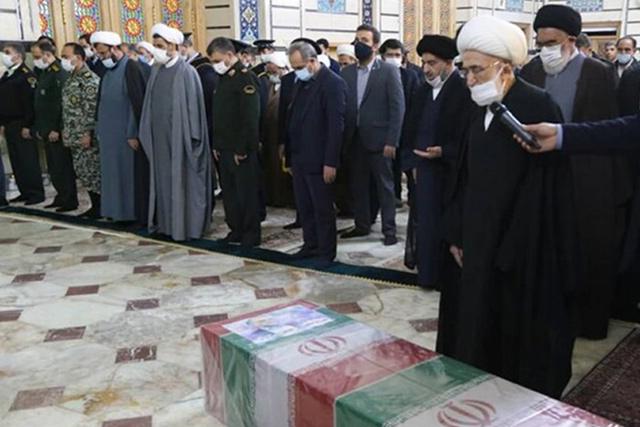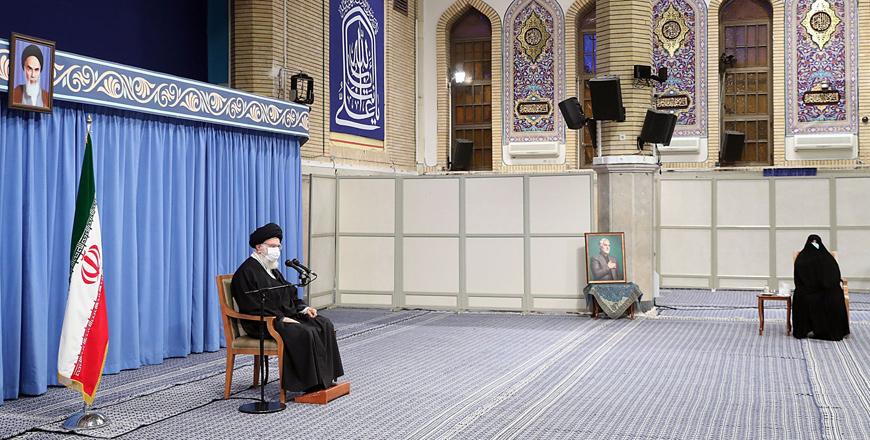You are here
Iran nuclear deal parties eye US return to accord
By AFP - Dec 23,2020 - Last updated at Dec 23,2020
VIENNA — The remaining parties to the ailing 2015 Iran nuclear deal said on Monday that they were preparing for the possible return of the US to the pact as President-elect Joe Biden readies to take office next month.
Biden, who takes office on January 20, has signalled Washington would rejoin the so-called Joint Comprehensive Plan of Action (JCPOA) that was aimed at limiting Iran's nuclear programme.
The deal has been unravelling ever since outgoing President Donald Trump dramatically withdrew from it in May 2018 and imposed crippling economic sanctions on Tehran.
"Ministers acknowledged the prospect of a return of the US to the JCPOA and underlined their readiness to positively address this in a joint effort," a statement on behalf of ministers from Iran, China, Russia, Germany, France and the UK said after Monday morning's online meeting.
Tehran has retaliated to US sanctions by progressively abandoning limits on its nuclear activity laid down in the deal.
Most recently Iran announced it planning to install advanced centrifuges at Iran’s main nuclear enrichment plant in Natanz, a plan condemned by France, Germany and Britain — collectively known as the “E3” — as “deeply worrying”.
German Foreign Minister Heiko Maas said that the change of administration in the US meant that there was “a last window” for progress that “shouldn’t be wasted”.
“There can be no more tactical manoeuvres of the kind we have seen all too often recently,” Maas warned at a press conference, adding that such actions “would only further undermine the agreement”.
His British counterpart Dominic Raab said that at the meeting he had “made it absolutely clear Iran must not implement the recently announced expansions to its nuclear programme”.
“To do so would undermine the opportunities for progress we hope to see in 2021,” Raab added in a tweet.
The assassination last month of prominent Iranian nuclear scientist Mohsen Fakhrizadeh has heightened tensions in the region, with Iran blaming the killing on Israel.
In the wake of Fakhrizadeh’s death, Iranian MPs passed a bill calling for further expansion to Iran’s nuclear programme and an end to inspections of nuclear facilities by the UN watchdog, the International Atomic Energy Agency (IAEA).
The Iranian foreign ministry said it did not agree with the bill and President Hassan Rouhani has suggested he will not sign it into law.
The end of IAEA inspections in Iran would probably mark a fatal blow to the accord’s chances of survival.
Related Articles
TEHRAN — Iran was weighing its response on Sunday to the killing of its top nuclear scientist, which it blames on arch-foe Israel, as his bo
He is believed to top the list of elusive Iranian officials the UN nuclear watchdog wants to query. Exiled foes of the Islamic state cite him as the mastermind of clandestine efforts to design an atomic bomb. Tehran is mum about him, while denying having any nuclear arms agenda.
VIENNA — The remaining parties to the faltering 2015 Iran nuclear accord met Wednesday after Tehran announced plans for a new breach of the

















